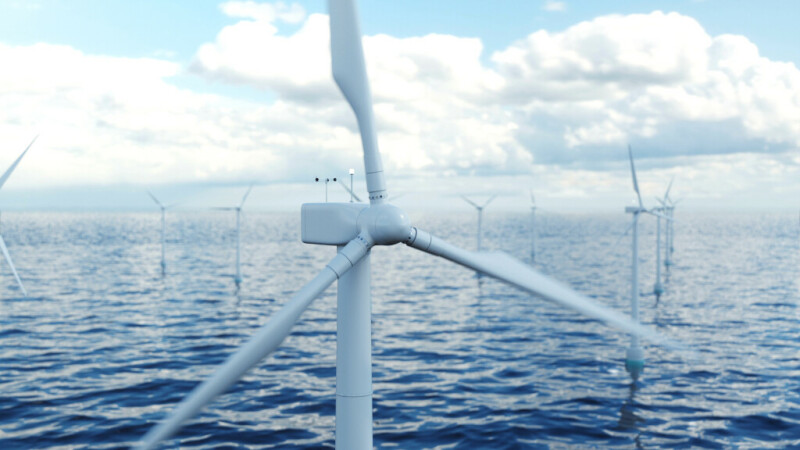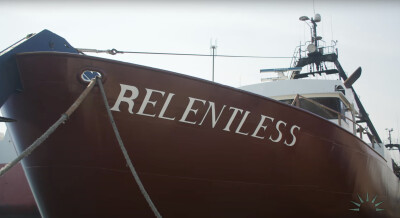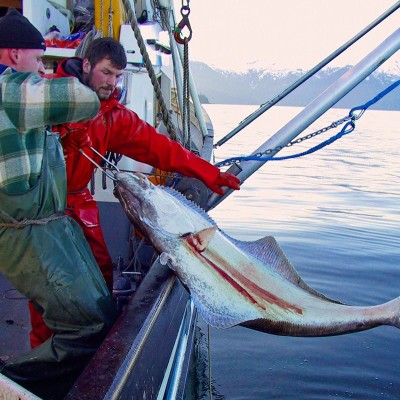Ørsted executives said they may be forced to write down the value of their planned U.S. offshore wind energy projects by $2 billion, in an Aug. 30 earnings call.
That news led to a 25 percent drop in Ørsted’s stock price. It’s an ominous escalation of bad news for U.S. offshore wind development, beset by sharply increased costs for financing and buying turbines and other components.
Offshore wind boosters were rattled by one declaration on the analysts’ call from CEO Mads Nipper.
“We are willing to walk away from projects if we do not see value creation that meets our criteria,” said Nipper. "The situation in U.S. offshore wind is severe,"
Nipper spoke to the company’s global portfolio. Ørsted’s North American vice president David Hardy expressed confidence in the company’s U.S. East Coast project, and prospects for tax and renewable energy credit subsidies.
“The U.S. offshore wind market remains attractive in the long term,” said Hardy. “We will continue to work with our stakeholders to explore all options to improve our near-term projects including continued dialogue about ITC qualification, OREC adjustments, and other business case levers.”
But Ocean Wind 1, a flagship project for Ørsted and New Jersey Gov. Phil Murphy’s administration, may not come online until 2026 because of supply chain and financial issues, Ørsted officials say.
Ørsted already obtained legislation June 30 from Murphy’s Democratic allies in the state Legislature to redirect more federal tax credits for renewable energy to Ocean Wind 1. That promptly brought a call from Joris Veldhoven, CEO of Atlantic Shores Offshore Wind, which owns a federal offshore lease just north of Ocean Wind 1, for the same benefit.
The news of Ørsted’s financial difficulty bolstered offshore wind energy critics in coastal New Jersey communities. A recent Monmouth University Poll showed debates over wind power have eroded its support among the public, now sharply split along Democratic and Republican partisan lines.
“Supply chain issues and rising inflation prove that these projects are unsustainable and the cost of continuing these projects will be too much of a burden for our state to bear,” New Jersey Republican state Sen. Michael Testa said after news of Ørsted’s trouble s emerged. “Not to mention the environmental damage that has ensued since survey work on these projects began. In the real-world costs matter, and our residents cannot afford to be thrown under the bus again for the sake of saving Ørsted.”







